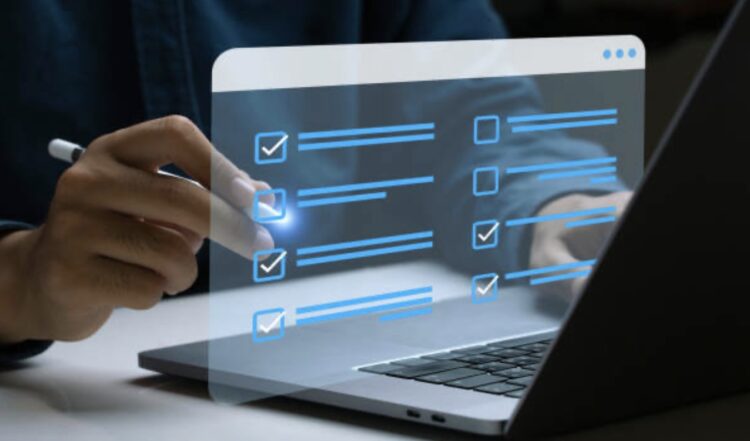Understanding how to improve efficiency in a business is crucial for any successful business owner. Enhancing business efficiency is key to ensuring your organization meets its goals. This improvement should be applied across all areas of the company, regardless of its size. Business processes and systems are always areas where enhancements can be made.
In today’s highly competitive business environment, boosting company efficiency and productivity is vital. High efficiency indicates that a company can complete tasks within the allotted time, which is increasingly becoming shorter. A highly efficient company also reduces budget overruns and overtime costs.
How to Improve Efficiency in a Business
In simple terms, efficiency helps to lower operating costs and makes a company more effective. An efficient company can compete more effectively in the market because its efficiency positively impacts client trust and satisfaction. Furthermore, economic benefits from increased efficiency can lead to salary increases and bonuses for employees, thereby improving their overall welfare.
Here are five strategies on how to improve efficiency in a business:
- Maintain Direct Communication

Often, employees default to sending emails or text messages about assignments or projects, even when they are in the same building. This habit can hinder productivity. Instead, companies should foster a culture of direct communication. Solving problems and addressing questions face-to-face ensures clarity and efficiency. Encourage employees to communicate in person whenever possible, as direct interactions can enhance team cohesion and productivity.
- Avoid Multitasking

Many companies mistakenly believe that multitasking leads to higher productivity. However, research shows that multitasking often results in lower quality work and reduced efficiency. Focus employees on completing one task at a time. This approach allows them to work more efficiently and produce higher-quality results compared to juggling multiple tasks simultaneously.
- Avoid Unscheduled Meetings

Unplanned or sudden meetings can disrupt employees’ workflow and reduce their time for completing tasks. To prevent this, schedule meetings in advance, preferably for a week ahead. This helps employees plan their work around these meetings and improves overall productivity. Scheduled meetings ensure that employees have ample time to focus on their priority tasks.
- Create a Task Management Program

Implementing a task management program or software can streamline task allocation and tracking. Such tools provide employees with real-time updates on their tasks and monitor progress efficiently. This system helps in managing task distribution and ensures that company information is well-organized and communicated effectively.
- Digitize Certain Processes

Digitizing specific processes can significantly enhance a company’s efficiency. Manual tasks, such as payroll processing, leave approvals, and form submissions, can be overwhelming and prone to errors. Modern HR systems can automate these tasks, reducing manual effort and minimizing data errors like miscalculations in salaries and taxes. By digitizing routine tasks, employees can focus more on activities that directly contribute to company productivity.
The strategies outlined above address how to improve efficiency in a business. If your current practices differ from these recommendations, consider evaluating and implementing small changes to observe their impact on your business progress.




